This is probably going to end up as another one of those “personal experience masquerading as wise writerly advice” posts I seem to gravitate towards. I’ll be honest, a lot of times when I put these posts together I have no idea if they’ll necessarily be helpful to anyone. In fact, I’m not sure it’s even my primary goal to be helpful, so much as that might end up being a side effect of whatever screed I happen to be spewing on any given week. My experience and insight are not on par with that of, say, a Neil Gaiman or Mark Evanier, so I hesitate to act like you should give me your hand and let me guide you down the perilous path. If you take my hand regardless, I feel it’s only right to mention that, while I don’t exactly feel like I’m completely blind, I may have misplaced my glasses.
But you know, I’ve read my share of advice snippets from all manner of authors far more published and successful than I, and what’s struck me is that the only thing they have in common is that they’re names I recognize. Everyone seems to have a different method, a different approach, a different style, and in the end all they can do is give you advice on how to be like them. The downside of this is that there appears to be no set formula, no one correct and proper method to being a good writer. The upside is exactly the same. You can cherry pick from all the words of wisdom and take as your role models those folks you feel are most in line with your own philosophies. You can even spend time reading what I write here, and if it happens to help you out, then more power to you. More power to us all.
Where was I? Oh yes, the title. It refers to a sticking point I got to in my script, in point of fact the script for
this very week’s page. I had written it out originally as a dialogue between Suzie and Eustace where they were talking about ownership rights and restitution and blah blah blah. I mean don’t get me wrong, it’s important stuff, but I kept coming back to what I’d written and huffing with a sense of frustration. Just the act of re-reading it was making me, the writer himself, tune out of the scene. It wasn’t interesting. It was, in fact, f-ing boring, and even moreso because a lot of what was being said had already been covered, such as in the recent “A Moment With Suzie” pages. I get itchy with works of fiction that keep repeating the same stuff over and over unnecessarily, particularly in terms of things that could be categorized as exposition. The 2011
Green Lantern movie comes to mind as one of the worst recent offenders for me. Yes yes, we know this. Yes, we get it. MOVE ALONG ALREADY.
Well there I was, feeling that exact same way about something I myself had produced. But what could I do? Scrap the scene entirely? That’s always an option, and I certainly haven’t shied away from “offscreen” conversations before, but I’d been skipping around (and ahead) already several times this episode and I worried that had become a bit dizzying. Suzie and Eustace needed to talk, but any way I wrote that dialogue was straying awfully close to “As you know…” territory, which seemed like a really crappy use of a weekly installment. And poor Frank. Yes, he’s a stoic guy who doesn’t talk much, but here was another page where he’d just basically be standing in the background.
That’s when the epiphany struck. The me of two weeks ago that wrote a
whole article about character perspectives moseyed up, knocked on my skull, and drawled, “Howcum you don’t flip it ’round and show this part from Frank’s point of view instead?”. Past me apparently drawls and moseys and is altogether much cooler than present me, although he’s still rocking an Aloha shirt.
But anyhow, damn if that didn’t work just fine. In fact, suddenly I had a way to bring the Zeke/Frank dynamic back into the picture, which felt far more interesting than Suzie and Eustace talking business. Let that happen over yonder, where we can clearly see that it’s happening but don’t actually have to listen to Suzie reiterating that all the McCarty zombies are legally her property, except for Zeke, because now Frank’s bought Zeke and is ready to gift him back to your family, and…
Sure, I suppose the Zeke/Frank thing could be its own measure of “Yes, Frank’s guilty and conflicted about Zeke, WE GET IT”, but… eh, I think it’s moved along now from the business in earlier episodes since we get to see Frank attempting unsuccessfully to rid himself of the “problem” in a way that would have perhaps satisfied his conscience as a good deed, only to be shot down by Eustace coming to the realization that he doesn’t really want or need a walking corpse that looks like a green, decaying version of his son.
Good try, Frank. And good drama for me, and hopefully the readership. In a scene that even I was feeling bored and unsastified by, flipping the perspective was all it took.
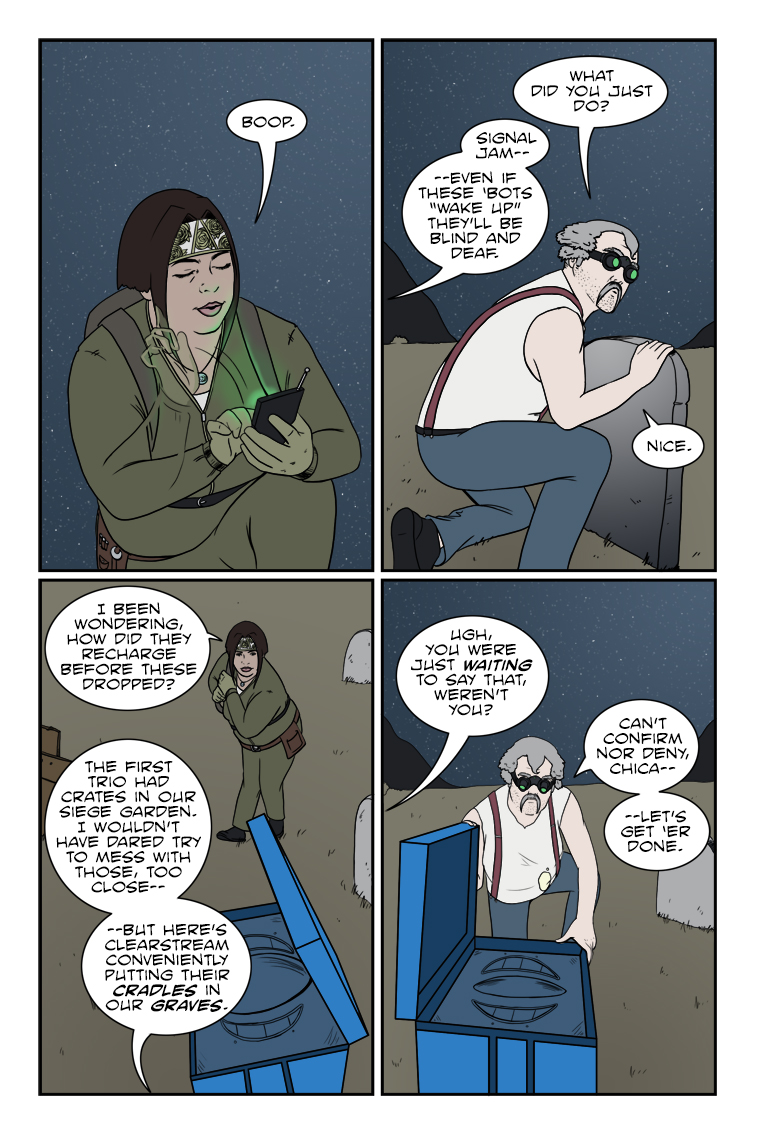
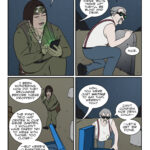
















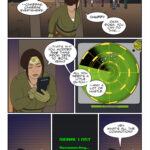

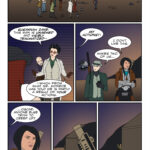








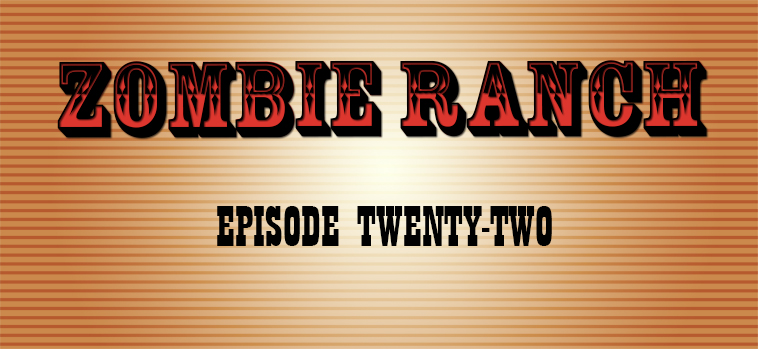
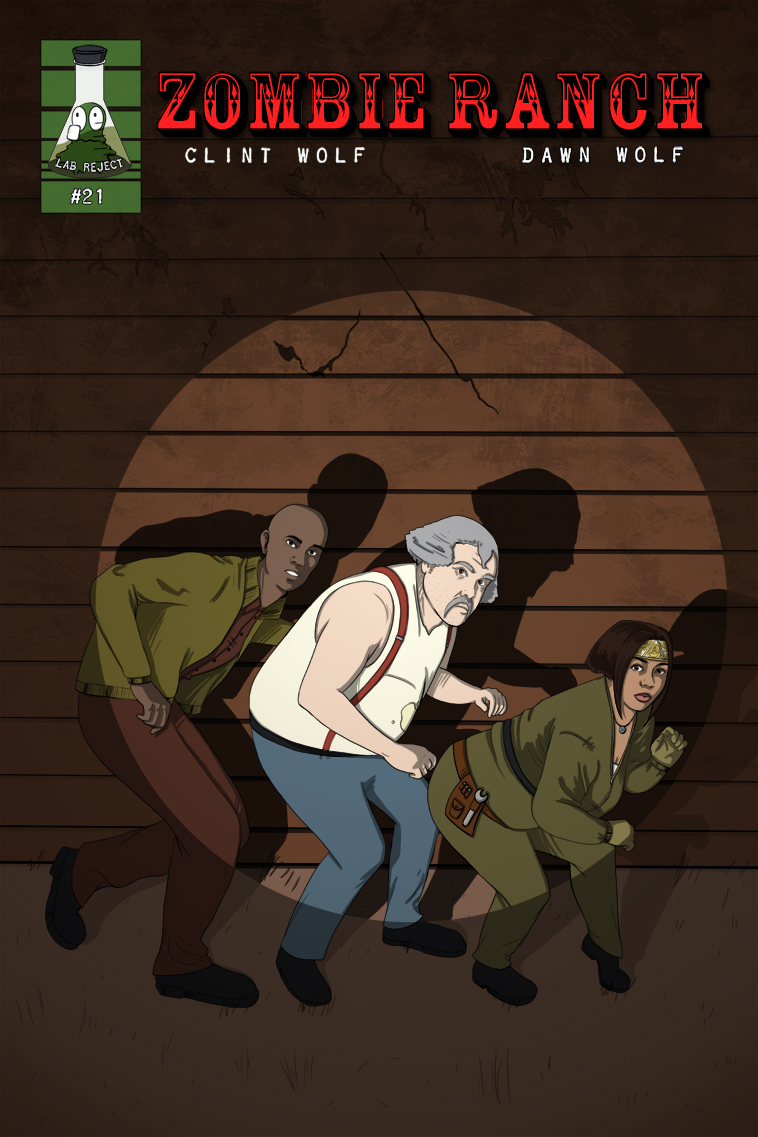
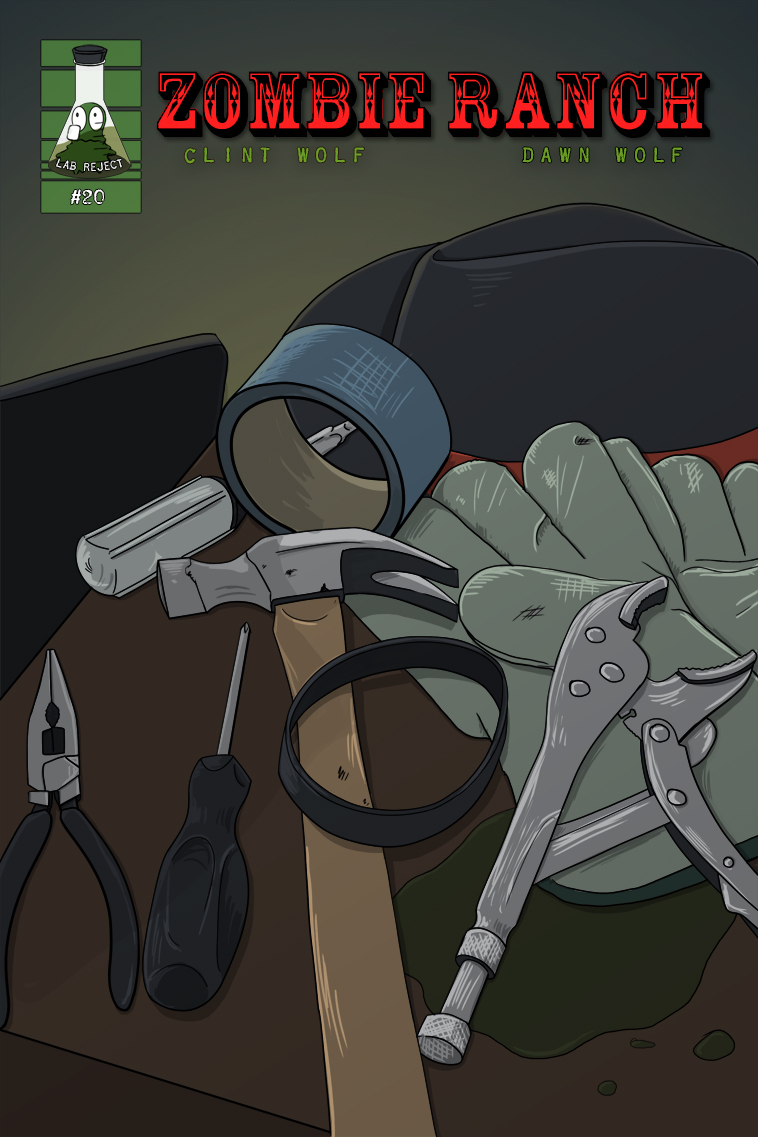
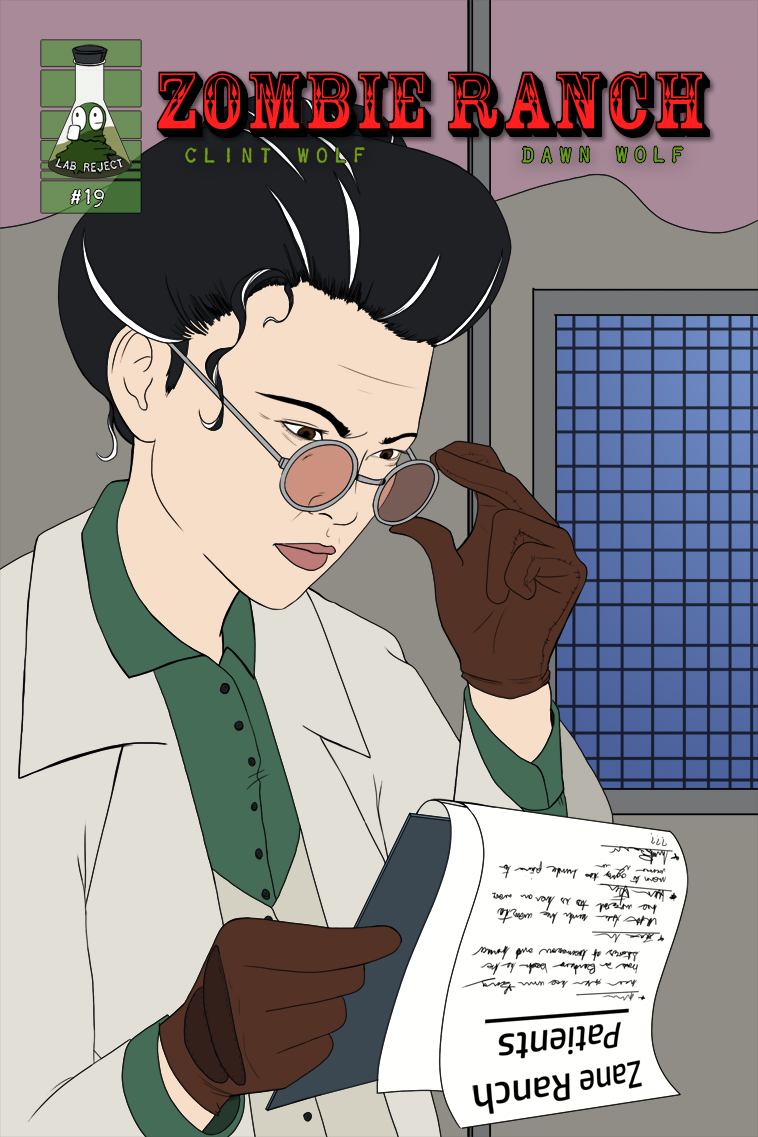
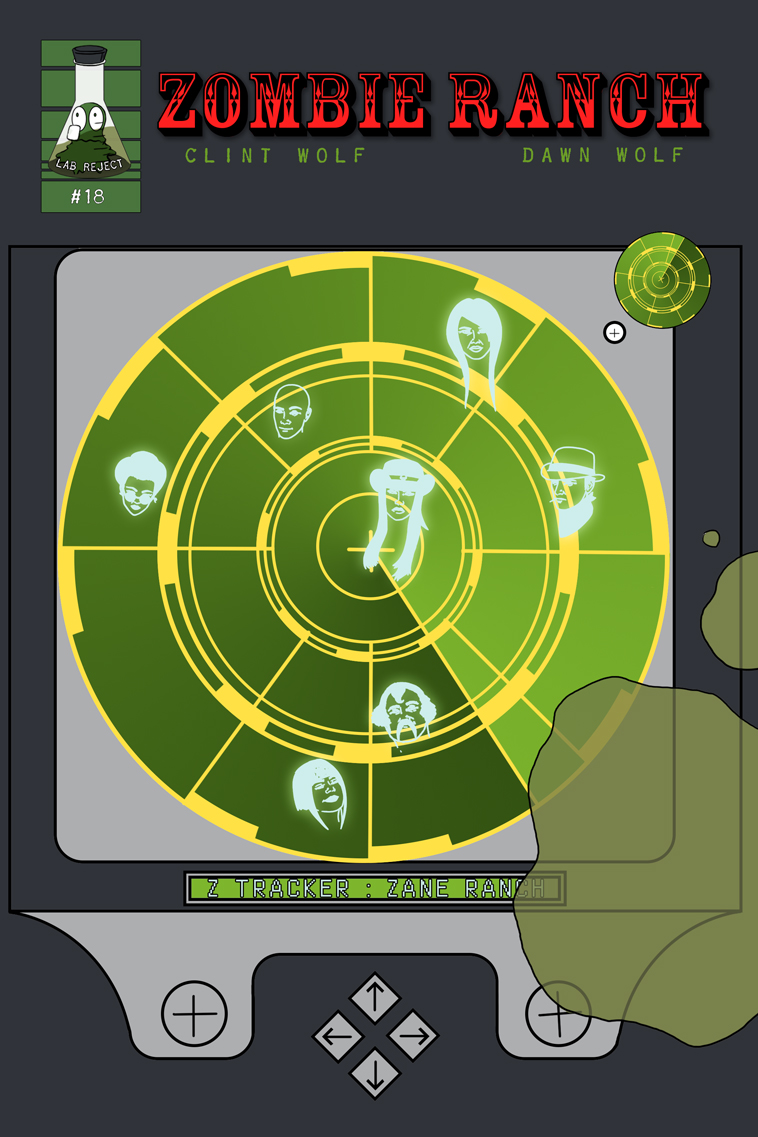
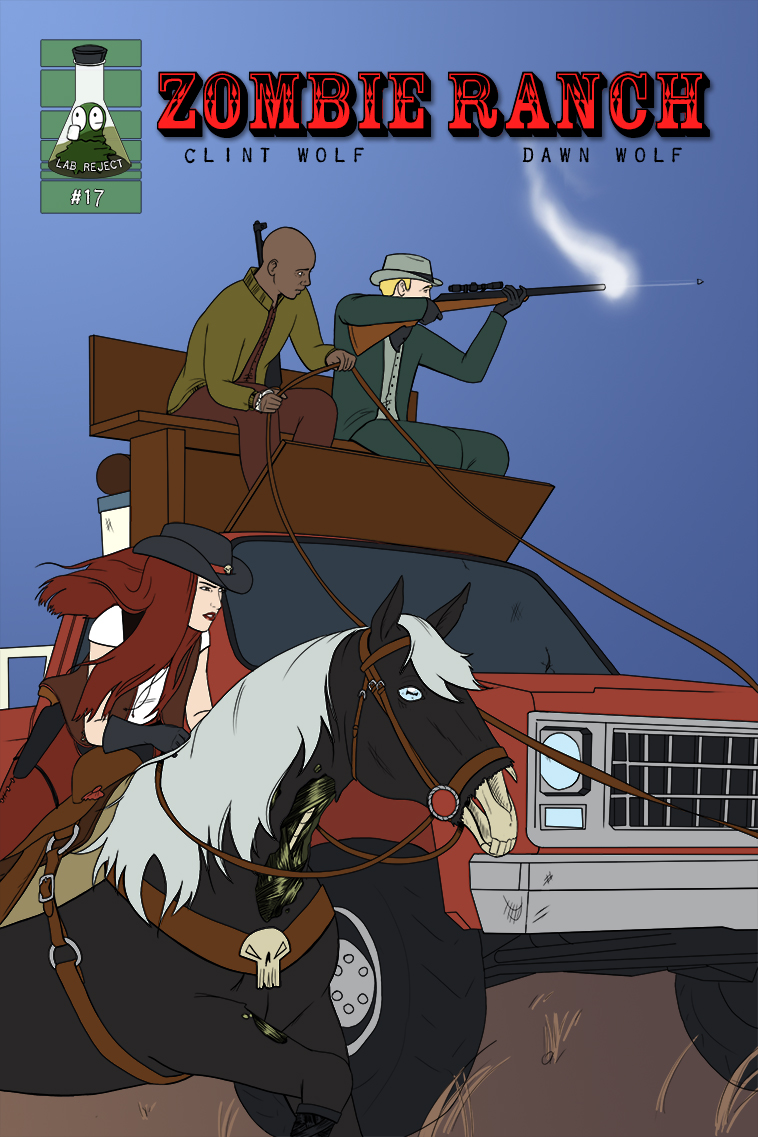
2 thoughts on “543 – Cradles And Graves”
Keith
Oh lordy, they really are a great couple…though, I suggest adopting.
Anonymous
Consequences be damned, because doing nothing might be worse.